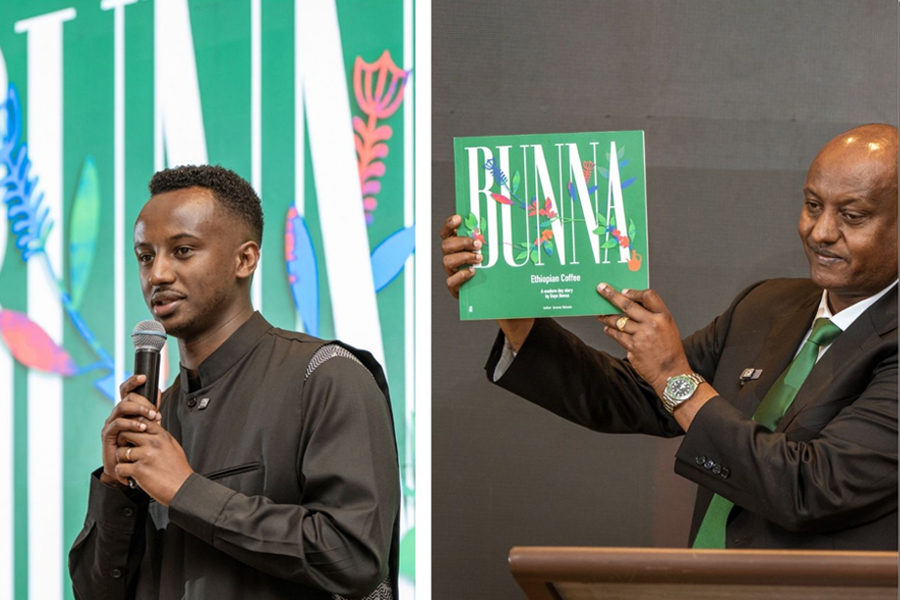

On October 1, International Coffee Day was celebrated with a landmark event: the first Ethiopian Coffee Tasting Competition, judged by Samuel Demisse, founder of Keffa Coffee from the United States. While such competitions have been held globally for 16 years, this was the first of its kind in Ethiopia and Africa. The event also saw the launch of the book, Bunna, which narrates the story of Daye Bensa Coffee, promotes Ethiopian coffee culture and history, and aims to educate future generations about the industry. The book, which took two years to complete, highlights the sector’s shift towards more specific sourcing preferences, a trend referred to as “villagization.” It is authored by Kenean Dukamo, Deputy CEO of Daye Bensa Coffee and second-generation coffee producer. Behailu Woldesenbet, country manager of Starbucks Farmer Support Center, expressed concerns about the aging population of coffee farmers in Ethiopia, with the average age being 60. He emphasized that coffee impacts 60pc of the Ethiopian economy in various ways. Kenean told Fortune that the sector is at a crossroads with new markets opening up. He said that the European Union Deforestation Regulation (EUDR) and its potential impact on Ethiopian coffee exports is diminished as export volumes are shifting from Europe to the Middle East and Asia. He also highlighted the gradual development of coffee tourism infrastructure at their farm in Sidama, in central Ethiopia, where the company is currently offering lodging and coffee processing experiences for clients, with plans to expand into full-fledged hotels or resorts over the next two years. The company exported 6,500 tons of green coffee last year from its two farms in Sidama and Keffa as well as over 2,500 outgrower farmers.
[ssba-buttons]